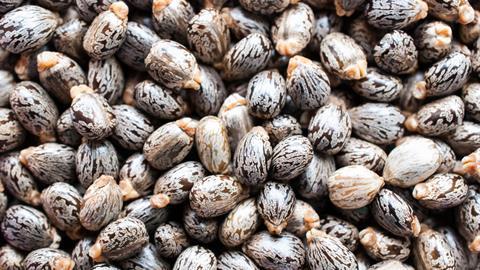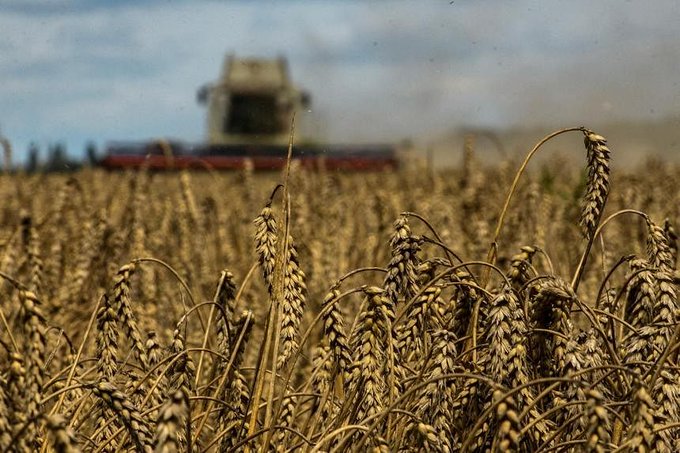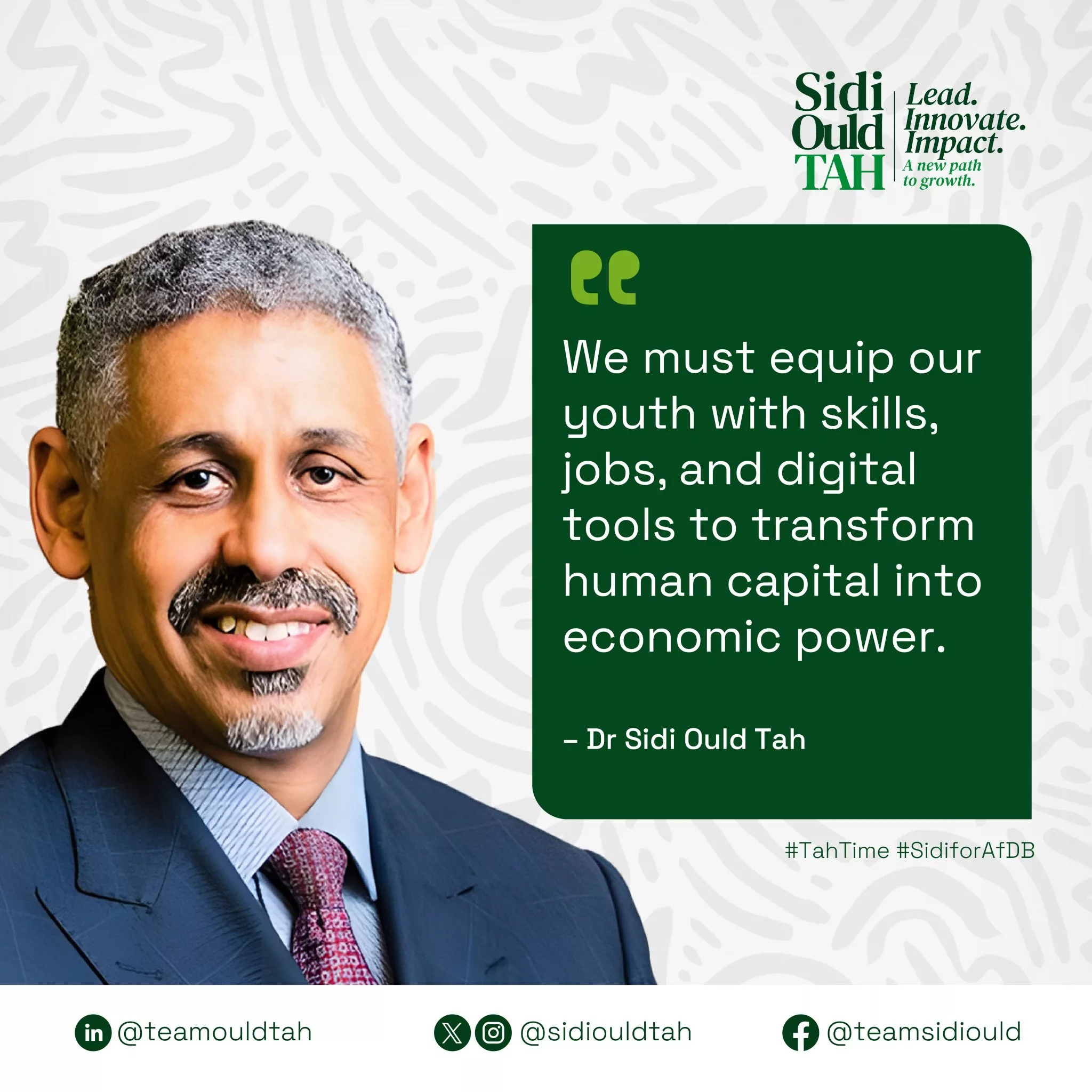By Joyce Mukucha and Anyway Yotamu
Oil Castor Zimbabwe has promised to eliminate the fuel crisis currently prevailing in the nation through producing and supplying bio motor oil extracted from castor bean plant.
The company, through its chemistry and engineering department revealed plans to set up a fully-fledged market in Zimbabwe by releasing 20W40 Bio-motor oil and 3 Dot oil Brake Fluid products by end of this month. In Zimbabwe, diesel demand is currently averaging around three million litres per day while for petrol it is about two million.
In an interview with Spiked Online Media, the Oil Castor Zimbabwe Head of Chemist, Takudzwa Chifamba said after realising the economic situation in the country the company had seen it crucial to apply science to industrialise Zimbabwe.
“Zimbabwe is crippled by foreign currency shortages. The little foreign currency we have right now is being used to import basics so that we can produce products in Zimbabwe. We are losing foreign currency in importing the lubricants from China, India and South Africa but we can produce the oil on our own and the solution is in the castor seeds of high grade that can be converted to castor oil for bio-motor lubricant. Our aim is to industrialise the country,” said Chifamba.
He added that currently, Oil Castor has more than 400 hectares and pleaded to the Government to offer them more land to enable adequate supply for the whole nation and make a positive impact through exporting thereby bringing more foreign currency into the country.
Pertaining climate change which is adversely affecting many parts of the world including Zimbabwe, Oil Castor is not only focusing on the production of oil but has also pledged to contribute to the improvement of the environment. Oil Castor Environmental Engineer, Martin Nyanhanda said through the company’s project, it is possible to bring back the rains. Plants, through the transpiration process, aid in the formation of clouds leading to rains.
“From the environmental perspective, we have the capacity to consistently end the drought in Zimbabwe through bringing back the rains in Zimbabwe and in Victoria Falls. All we require is more hectares. As we all know that due to climate change, the tourist attraction of Victoria Falls has been devastated so we want to bring back its aesthetic value. We plan to plant castor bean in Victoria Falls. Our main thrust is to change the environment of Victoria Falls as we are targeting 2 000 hectares in the area. We have been surveying the area and the land has permeability levels to the plant because they are drought resistant and can survive in harsh conditions with the type of soil which is loamy and sandy.”
Each acre of lab grown castor beans can transpire 11 000 litres to 15 000 litres of water per day. Each plant requires at least 500ml of water for its maturity up to harvesting period.
Nyanhanda emphasised that the company is going to comply with the national legislation EMA Act Chapter 20:27 during the implementation of the castor bean farming project. Castor bean is also used to produce organic products and bio-diesel among other products.
Addressing the media in Harare late last year, the Oil Castor founder, Portia Maposa said there was need for more farmers to come on board pertaining farming of castor bean so as to leverage fuel shortages.
Currently, over 150 farmers in Zimbabwe and over 200 farmers across Africa are producing castor bean for castor oil.






